A List of Fascinating and Peculiar Facts About Costa Rica and Its Locals
If you have any questions about property in Costa Rica, click here to contact our partner agent.click here to contact the listing agent.
Even if you frequently travel to Costa Rica, you may be unaware of some of the fascinating and strange facts about this country and its locals. This list will give you a new understanding and appreciation for this magnificent part of the world.
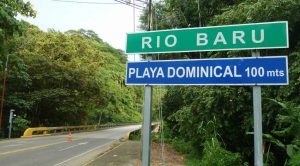
• Street Signs – Getting around in Costa Rica is challenging. Over the past few years, several municipalities tried to put up road signs for clarification, but it only made matters worse. The problem is that instead of street addresses like those in the United States, locals use reference points or landmarks. Also, each block counts as 100 meters. This makes finding places difficult. Making matters worse is the fact that some landmarks no longer exist.
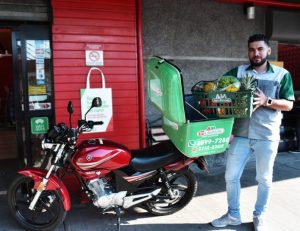
• Home Delivery Services – Just as in the United States, fast food chains like Taco Bell McDonald’s, and Burger King exist. What makes them unique in Costa Rica is that you can order delivery. Commonly referred to as “Express,” you place an order and pay, after which time drivers show up on motorcycles to make the delivery.

• Small Statured People – Locals, who are known as “Ticos,” often are people of smaller stature. Because of their short stature, furniture makers build smaller beds, clothes makers manufacture smaller clothes, and so on. When purchasing clothes, you want to go to the next size up. A medium T-shirt is equivalent to a small in the U.S., while a mattress is grouped as one size. This “marriage bed” is the same as a full-sized bed in the U.S. Since sizes vary from one manufacturer to another, standards for sheets, bedspreads, and blankets also vary.

• Eggs and Showers – Another fascinating fact about Costa Rica is that rather than refrigerate eggs as people do in the U.S., they are considered a shelf item. In the homes of locals (Ticos), there is no hot running water. Therefore, dishes are cleaned using standard tap water. To shower with hot water, some people use an electrical water-heating device that attaches to the water pipe. However, this is a frightening experience since the electrical wires dangle loosely near the water. For taller people, this creates the risk of shock. For homes that are fortunate enough to have hot water, you will find the faucets reversed.
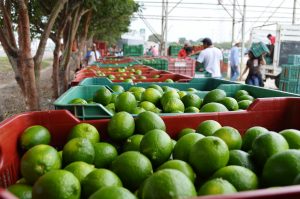
• Surnames – In Costa Rica, surnames are unique in that the first name is paternal and the second name maternal. As an example, when a couple has a baby, the child’s surname starts with the father’s last name and then the mother’s. When women get married, they maintain their maiden name for life as opposed to taking the husband’s last name. Because surnames in Costa Rica are often long, many locals now shorten them thanks to influence from the United States. In fact, you will find people using their father’s full last name and just the first initial of the mother’s last name.
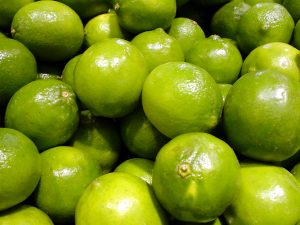
• Lemon = Lime? – Even the name of some fruits is unique in Costa Rica. For instance, yellow lemons are called “limon acido” and are only available in high-end grocery and specialty stores. Regular lemons, called “limones,” are actually limes, whereas tangerines are called mandarinas.

• Ants – Even the ants in Costa Rica are fascinating. Everywhere you go, you can expect to see ants. When first moving to this country, many people feel uncomfortable having ants in their homes, but over time, they learn to cohabitate.
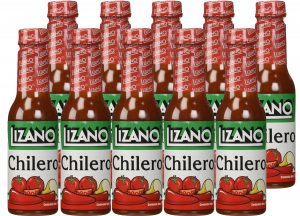
• The Meaning of “Hot” – The word for hot, as in foods made with hot peppers, is “caliente,” while the word for spicy is “picante.” When going out to eat, be careful of your terminology. For body temperature, someone who is hot from the sun is “calor” but if running a fever, that person is “esta caliente.”
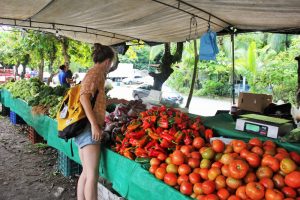
• Ferias – Within the Greater Metropolitan Area (GAM), every community or small town has a farmers market called “ferias.” These markets are open every Saturday and sometimes, on Sundays. There, you will find an array of locally grown fruits and vegetables, all at affordable prices. Along with buying fresh produce, the locals go to the ferias to catch up with friends and neighbors on the latest goings on.
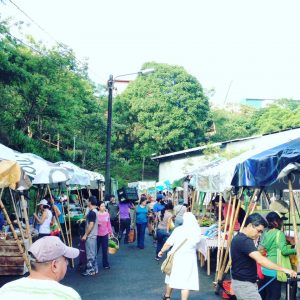
• Esposado – In Spanish, handcuffs are called “esposas,” which is also the term for wives. However, when police place someone in handcuffs, the term is “esposado,” which translates to “married” even though the correct term for married is “casado.” Interestingly, casado is also the name of a traditional dish made of rice, plantains, black beans, and lettuce rolled up in a tortilla.

• Fútbol – Costa Ricans love sports just as much as Americans. Instead of football, they watch fútbol, which is the same as soccer in the U.S. Fútbol is such a big deal that during the World Cup play, it is common for businesses to let employees off from work to watch the game. For a full 90 minutes, Ticos do not move to ensure they miss nothing.
For more real estate for this region at the WeLoveCostaRica Dominical listings page, click here
Are you into beautiful Costa Rica?
All interesting things you want to know about Costa Rica are right here in our newsletter! Enter your email and press "subscribe" button.


